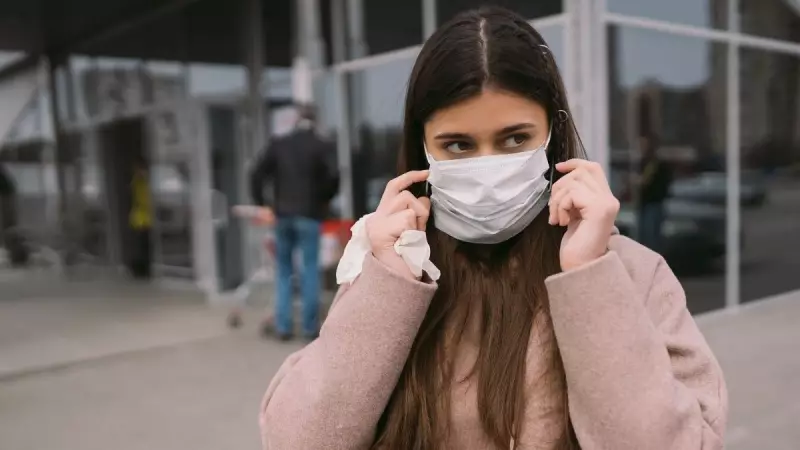
Delhi's air quality has plunged into the 'severe' category, creating a public health emergency that demands immediate action. With the Air Quality Index (AQI) reaching hazardous levels, medical professionals are sounding the alarm and sharing crucial protection strategies for residents.
Why This Pollution Spike Demands Your Attention
The current air pollution crisis in the national capital isn't just another seasonal problem—it's a severe health threat that can impact everyone, particularly children, elderly citizens, and those with pre-existing respiratory conditions. The microscopic pollutants can penetrate deep into lungs and even enter the bloodstream.
Essential Protection Measures You Can't Ignore
Mask Up Correctly
Not all masks offer equal protection. Standard cloth masks provide minimal defense against fine particulate matter. Medical experts strongly recommend using N95 or N99 masks that fit snugly around your nose and chin. Ensure you replace them as recommended—typically after 40-48 hours of use.
Create Safe Indoor Havens
Your home should be your pollution-free sanctuary. Keep windows and doors closed during peak pollution hours. Consider investing in air purifiers with HEPA filters, especially for bedrooms and living areas. For those without purifiers, indoor plants like snake plants and peace lilies can help improve air quality naturally.
Timing Matters for Outdoor Activities
Plan your outdoor movements strategically. Early mornings and late evenings typically see higher pollution concentrations. If possible, schedule essential outdoor activities for mid-day when pollution levels might be relatively lower. Avoid strenuous exercises like running or cycling outdoors until air quality improves.
Boost Your Natural Defenses
Strengthen your body's ability to combat pollution effects by staying well-hydrated and consuming antioxidant-rich foods. Include fruits like oranges, berries, and pomegranates in your diet, along with green leafy vegetables. Traditional remedies like herbal teas with tulsi and ginger can also provide respiratory relief.
Warning Signs That Demand Medical Attention
Be vigilant about these symptoms that indicate pollution is affecting your health:
- Persistent coughing or wheezing
- Difficulty breathing or shortness of breath
- Burning sensation in eyes or throat
- Chest tightness or pain
- Unusual fatigue or dizziness
If you experience any of these symptoms, consult a healthcare professional immediately. Those with asthma, bronchitis, or heart conditions should be particularly cautious and ensure they have their emergency medications readily available.
Long-Term Protection Strategy
While immediate measures are crucial, developing sustainable habits is equally important. Monitor real-time AQI levels through reliable apps and websites. Consider creating a 'pollution emergency kit' containing your essential masks, necessary medications, and indoor air quality monitors.
The bottom line: Don't underestimate the severity of Delhi's current air quality crisis. Taking proactive measures today can prevent serious health complications tomorrow. Your respiratory health is precious—protect it with the urgency this situation demands.





